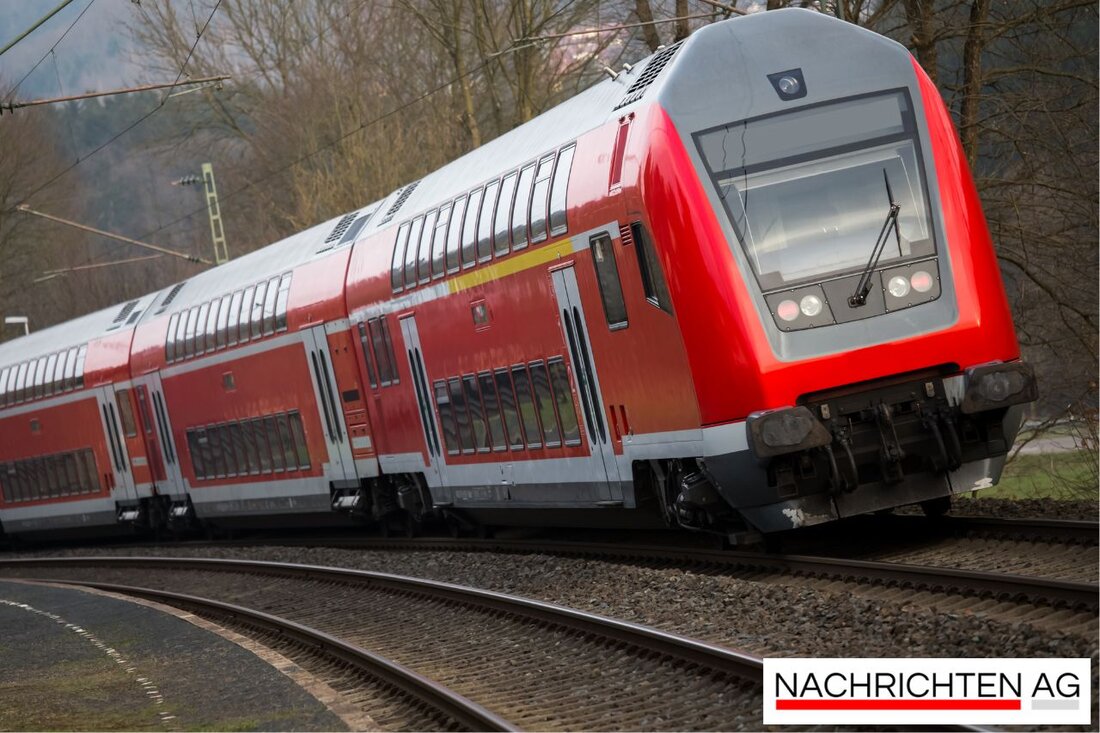Tonne calls for quick solutions for the A39 and energy transition in Uelzen!
Economics Minister Tonne discusses the A39, transport infrastructure and renewable energies at the Uelzen business evening.

Tonne calls for quick solutions for the A39 and energy transition in Uelzen!
The business evening in the Uelzen district center was a complete success. Hundreds of entrepreneurs, business leaders, members of the state parliament and administrative officials came together to discuss the challenges in the region. The host was Minister Grant Hendrik Tonne, who recently replaced Olaf Lies as Prime Minister. “Grill and dialogue” was the motto, which was intended to create a relaxed atmosphere for exciting conversations. And the topics? Transport infrastructure, energy and annoying paperwork were at the top of the agenda, like az-online.de reports.
Tonne, who is passionate about expanding transport infrastructure, did not mince his words. He sees the A39 motorway from Wolfsburg to Lüneburg in particular as an indispensable traffic artery that urgently needs to be accelerated. “In order to meet the expectations of the population, planning and approval must be quicker,” he urged. He also clearly criticized Deutsche Bahn, which is putting the brakes on building a new line between Hamburg and Hanover.
Renewable energies in focus
Another topic of the evening was the area of renewable energies. Tonne brought a breath of fresh air into the discussion and spoke out in favor of the regional use of wind and solar power. Lower Saxony plays a key role in the German energy transition, says Tonne. This is also in line with the federal government's goal of using peripheral areas of motorways and railways to generate renewable energy. According to that Report from kapellmann.de, not a kilometer of highway should be planned without opportunities to generate electricity. A new privilege model for photovoltaic systems (PV systems) is being introduced to make it easier to realize ground-mounted systems nearby.
The innovations mean that these systems can be set up in the future without extensive development plans, which poses challenges for the local communities. “It is in the nature of things that communities can no longer block the expansion through inaction, and at the same time they also lose some of their influence,” say experts. The will to implement it is there, and politicians must now create the framework for it.
Climate protection also in other regions of Germany
A look outside the box shows that it's not just Lower Saxony that is active. Berlin is pursuing ambitious goals with its climate protection and energy transition law: the capital is to become climate neutral by 2045 and CO2 emissions are to be reduced by at least 70% by 2030. These developments are supported by numerous legal requirements that provide a clear framework for the implementation of climate goals. This shows that the major transformation in the energy sector is taking place at all levels, and people are feeling this in their everyday lives, as the information from berlin.de clarify.
The evening ended relaxed. The event ended with beer, bratwurst and salad, and it became clear: the future of the region is being actively shaped. Entrepreneurs with visions, motivated politicians and committed chambers – that is the mix that is needed to meet the challenges in transport and energy.

 Suche
Suche
 Mein Konto
Mein Konto